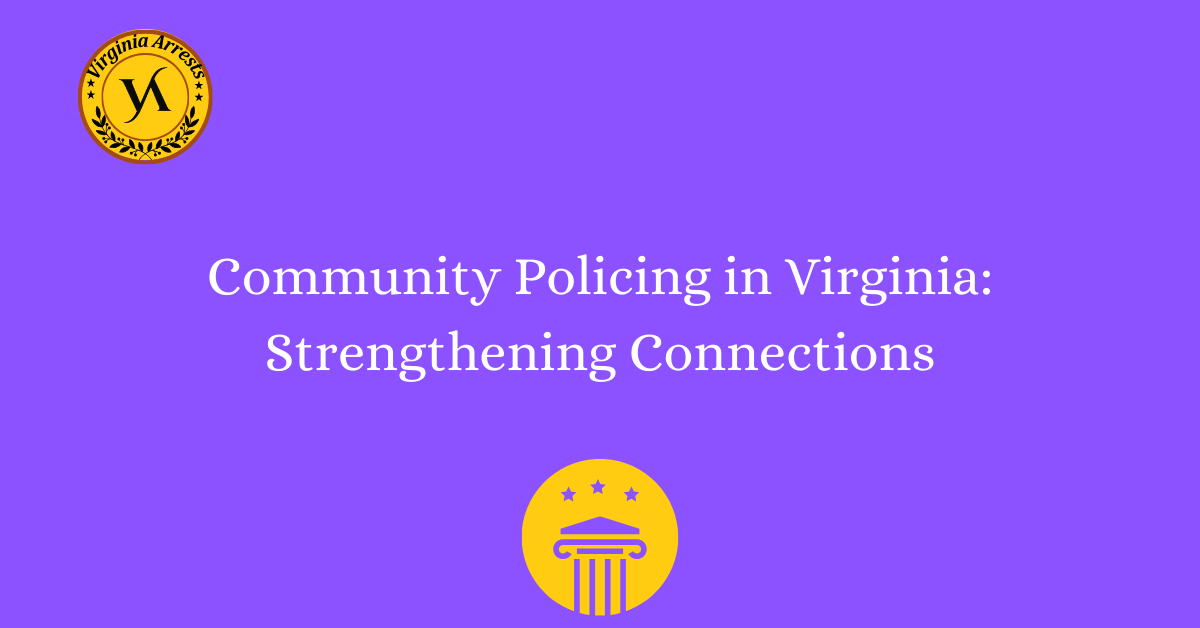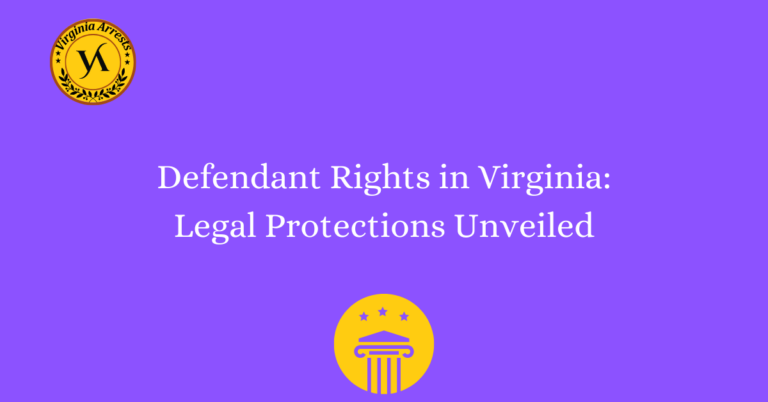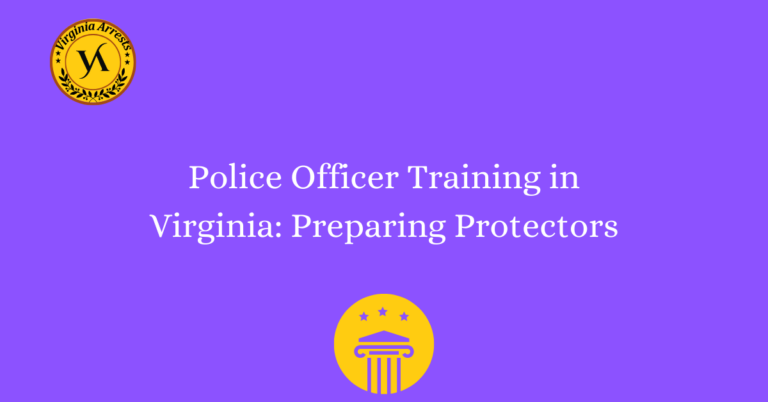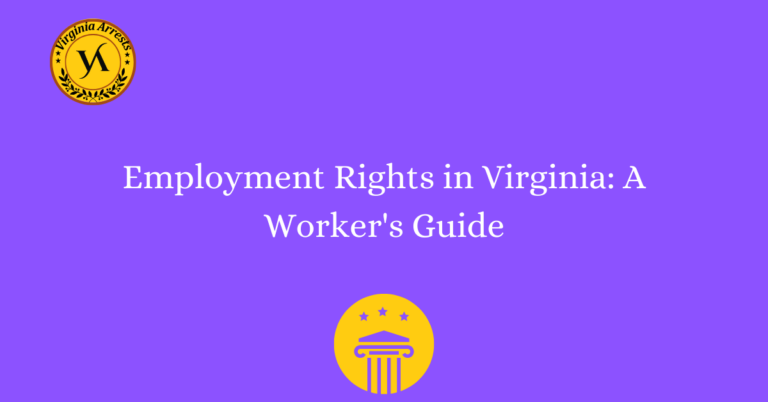Community Policing in Virginia: Strengthening Connections
Community policing is a vital aspect of maintaining safety and security within communities. In Virginia, the implementation of community policing strategies has played a significant role in strengthening connections between law enforcement agencies and the residents they serve. By focusing on building trust, promoting collaboration, and addressing the root causes of crime, community policing in Virginia has been successful in creating safer neighborhoods and fostering positive relationships between police officers and the community.
Building Trust through Community Policing
One of the key aspects of community policing in Virginia is its focus on building trust between law enforcement agencies and the residents they serve. By actively engaging with the community, police officers are able to establish a rapport and establish a sense of trust. This can be achieved through regular community meetings, neighborhood patrols, and open dialogue with residents. Building trust is crucial in creating a safe and secure environment where residents feel comfortable reporting crimes and cooperating with law enforcement.
Promoting Collaboration for Safer Neighborhoods
Collaboration is another important element of community policing in Virginia. Police officers work closely with community members, local organizations, and other stakeholders to address safety concerns and develop effective crime prevention strategies. By involving the community in problem-solving and decision-making processes, community policing encourages a sense of ownership and responsibility for the well-being of the neighborhood. This collaborative approach fosters a stronger sense of community and empowers residents to actively participate in creating safer neighborhoods.
Addressing Root Causes of Crime
Community policing in Virginia recognizes the importance of addressing the underlying causes of crime to achieve long-term safety and security. This approach goes beyond simply responding to incidents and focuses on identifying and addressing the root causes of crime. By working with community members, law enforcement agencies can develop targeted initiatives and programs that address issues such as poverty, substance abuse, and lack of education. By addressing these root causes, community policing aims to prevent crime before it occurs and create lasting positive change within the community.
Enhancing Police-Community Relationships
One of the primary goals of community policing in Virginia is to foster positive relationships between police officers and the community. This is achieved through regular interactions and open communication. By actively engaging with residents, police officers can develop a better understanding of the community’s needs and concerns. This, in turn, allows them to tailor their policing efforts to address those specific needs. By establishing positive relationships, community policing creates a sense of partnership between law enforcement and the community, leading to increased trust, cooperation, and mutual respect.
The Impact of Community Policing
The implementation of community policing strategies in Virginia has had a significant impact on the safety and security of neighborhoods. By actively involving the community in crime prevention efforts, community policing has helped to reduce crime rates and create a sense of safety among residents. Additionally, the collaborative approach of community policing has led to the development of innovative solutions to address community concerns. This has resulted in stronger, more resilient communities that are better equipped to address crime and maintain a high quality of life for all residents.
FAQs
What is community policing?
Community policing is a collaborative approach to law enforcement that involves building strong relationships between police officers and the community they serve. It aims to prevent crime by addressing the root causes and working together with community members to find effective solutions.
How does community policing strengthen connections in Virginia?
Community policing in Virginia strengthens connections by promoting trust, communication, and cooperation between law enforcement agencies and local communities. It encourages officers to engage with residents, listen to their concerns, and work together to address issues, ultimately creating safer and more cohesive neighborhoods.
What are the benefits of community policing in Virginia?
The benefits of community policing in Virginia include reduced crime rates, improved police-community relations, increased public safety, enhanced problem-solving abilities, and a stronger sense of community ownership and empowerment. It also helps to bridge the gap between law enforcement and marginalized communities.
How can community members get involved in community policing?
Community members can get involved in community policing by actively participating in neighborhood watch programs, attending community meetings, volunteering with local law enforcement initiatives, and reporting any suspicious activities or concerns to the police. Building relationships with officers and being proactive in addressing community issues is crucial for successful community policing.
What training do police officers receive for community policing in Virginia?
Police officers in Virginia receive specialized training on community policing strategies, cultural diversity, communication skills, problem-solving techniques, conflict resolution, and de-escalation tactics. This training equips them with the necessary skills and knowledge to effectively engage with the community and address community-specific issues.
How does community policing contribute to crime prevention in Virginia?
Community policing contributes to crime prevention in Virginia by focusing on proactive measures, such as identifying and addressing underlying community issues, implementing targeted prevention programs, and fostering a sense of collective responsibility for public safety. By strengthening connections and building trust, community policing helps deter crime and create a safer environment for all residents.







